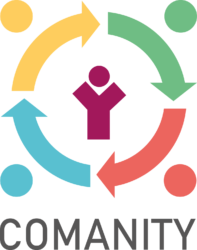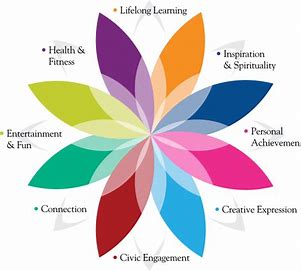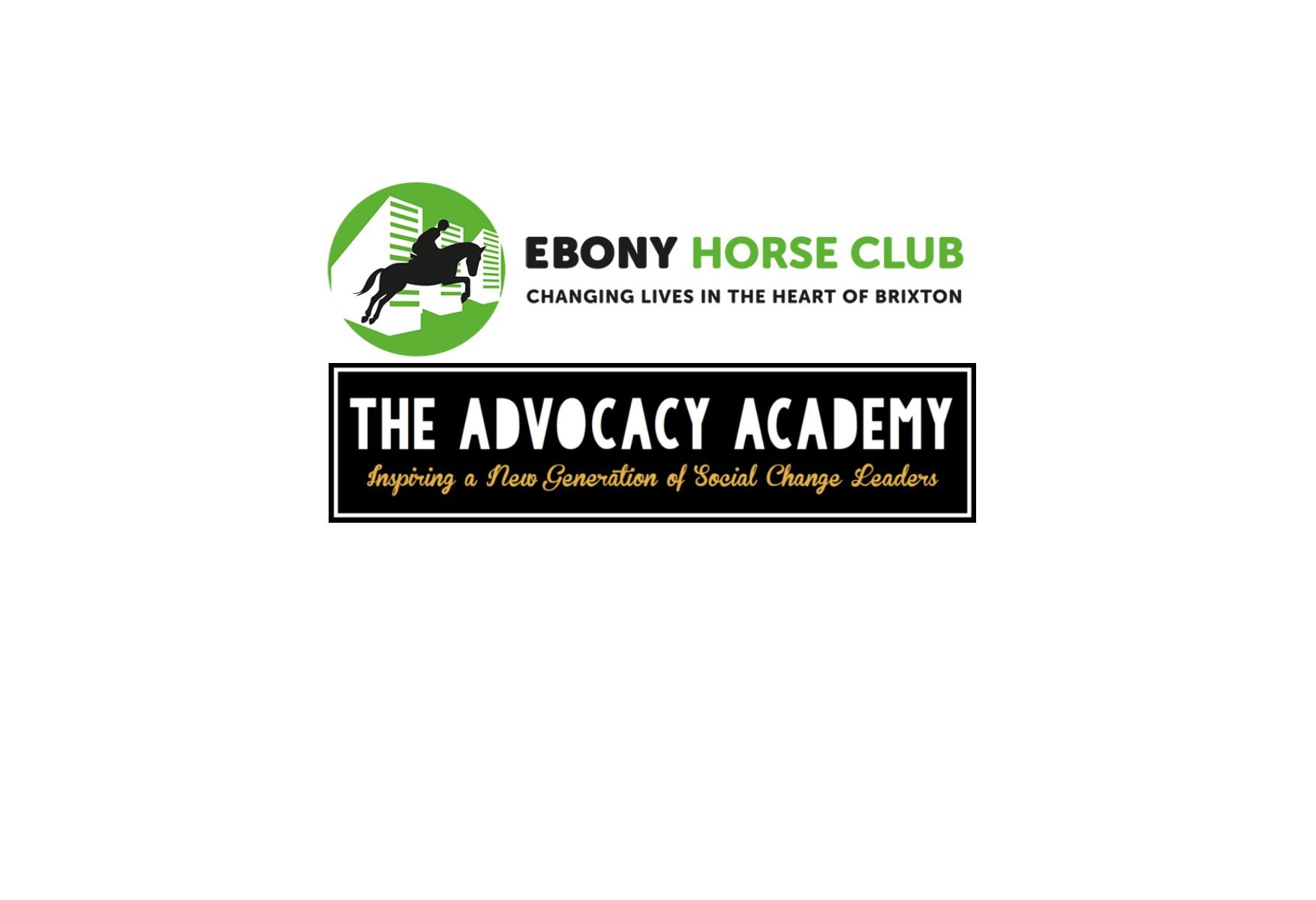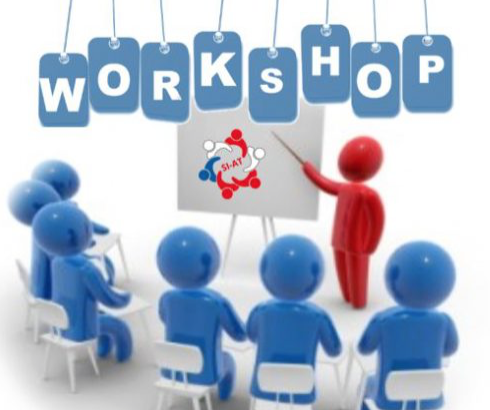
At Eden we use creative ways to engage visitors, including storytelling and practical activities. We’ve also taken these techniques out into neighbourhoods, to shape a series of community engagement events.
Using fun and inspiring techniques such as art, music, storytelling, humour and hands-on practical activities, has proved a fantastic way to involve people in influencing the future of where they live. We’ve used them in neighbourhood planning events, whether it be helping people make the most of green spaces, kickstart community enterprises, understand climate change, or respond to large-scale planning developments affecting the area.
Along with other forward-thinking organisations in Cornwall, we’ve designed sessions in all shapes and sizes – but we always make sure that they are as little like conventional stakeholder engagement events as possible. Among them you’ll find:
- drop-in community planning days, designed like local fêtes
- film-making workshops with local stakeholders
- learning journeys to other communities
- practical training on everything from gardening to business skills
What they all have in common is an ambition to value the process as much as the products of engagement. Our sessions aim to:
- establish a real sense of participation
We give people tangible ways to input to the day, such as setting up ‘washing lines’ or ‘rant pinboards’ where they can add their comments. - encourage new people to get involved
We reach out to as many age groups as possible by providing a convivial setting (often with tea, cake and bunting!) in a venue that’s easily accessible. - inspire new thinking
By creating an inspirational space and offering practical activities – such as contributing to ideas scrapbooks – we try to raise people’s aspirations of what’s possible. - catalyse partnerships
We convene different people, from residents to service providers to community groups, in a neutral space where they can find common ground.






